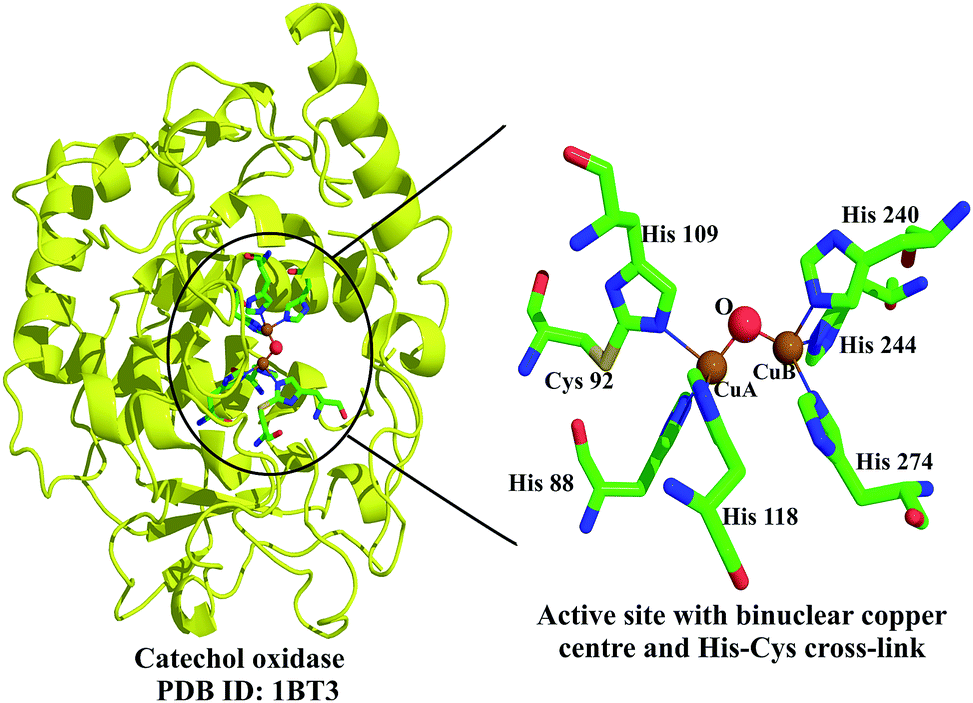Have you ever cut a potato and noticed it turn brown after a few minutes? This browning reaction is caused by an enzyme called catechol oxidase. In this article, we will discuss what catechol oxidase is, its role in potatoes, and how it affects our food.
What is Catechol Oxidase?
Catechol oxidase, also known as polyphenol oxidase, is an enzyme found in plants, animals, and fungi. It is responsible for the browning of fruits and vegetables when they are cut, bruised, or exposed to air. This enzyme converts catechol and other similar compounds into quinones, which then react with other proteins and amino acids to produce brown pigments.

The Role of Catechol Oxidase in Potatoes
Potatoes contain high levels of catechol oxidase, which is why they turn brown so quickly when exposed to air. This enzyme is located in the potato's cells and is released when the potato is cut or damaged. Once exposed to air, catechol oxidase reacts with catecholamines and other phenolic compounds in the potato to produce brown pigments.
Interestingly, not all potatoes contain the same levels of catechol oxidase. Some varieties, such as Russet and Yukon Gold, have higher levels of this enzyme and are more prone to browning. Other varieties, such as Red and Fingerling, have lower levels of catechol oxidase and are less likely to turn brown.
How Catechol Oxidase Affects Our Food
The browning reaction caused by catechol oxidase can affect the taste, texture, and appearance of our food. While the browning of fruits and vegetables may not be harmful, it can make them less appetizing and even spoil more quickly.
In the case of potatoes, the browning reaction can be particularly problematic. Browned potatoes can have a bitter taste and a soft, mushy texture. This can make them less appealing to eat and can also affect their nutritional value. Potatoes that have turned brown may have lost some of their vitamins and minerals, making them less healthy to consume.
How to Prevent Browning in Potatoes
There are several ways to prevent browning in potatoes and other fruits and vegetables:
- Keep them in airtight containers or wrap them tightly in plastic wrap to prevent exposure to air.
- Store them in the refrigerator, which can slow down the browning reaction.
- Add lemon juice or vinegar to the potatoes, which can lower the pH and inhibit the activity of catechol oxidase.
- Blanch the potatoes in boiling water for a few minutes before cooking them, which can inactivate the enzyme.

Conclusion
Catechol oxidase is an enzyme found in potatoes and other fruits and vegetables that causes them to turn brown when exposed to air. While this reaction may not be harmful, it can affect the taste, texture, and appearance of our food. By understanding how catechol oxidase works and how to prevent browning, we can enjoy fresh and delicious fruits and vegetables for longer periods of time.